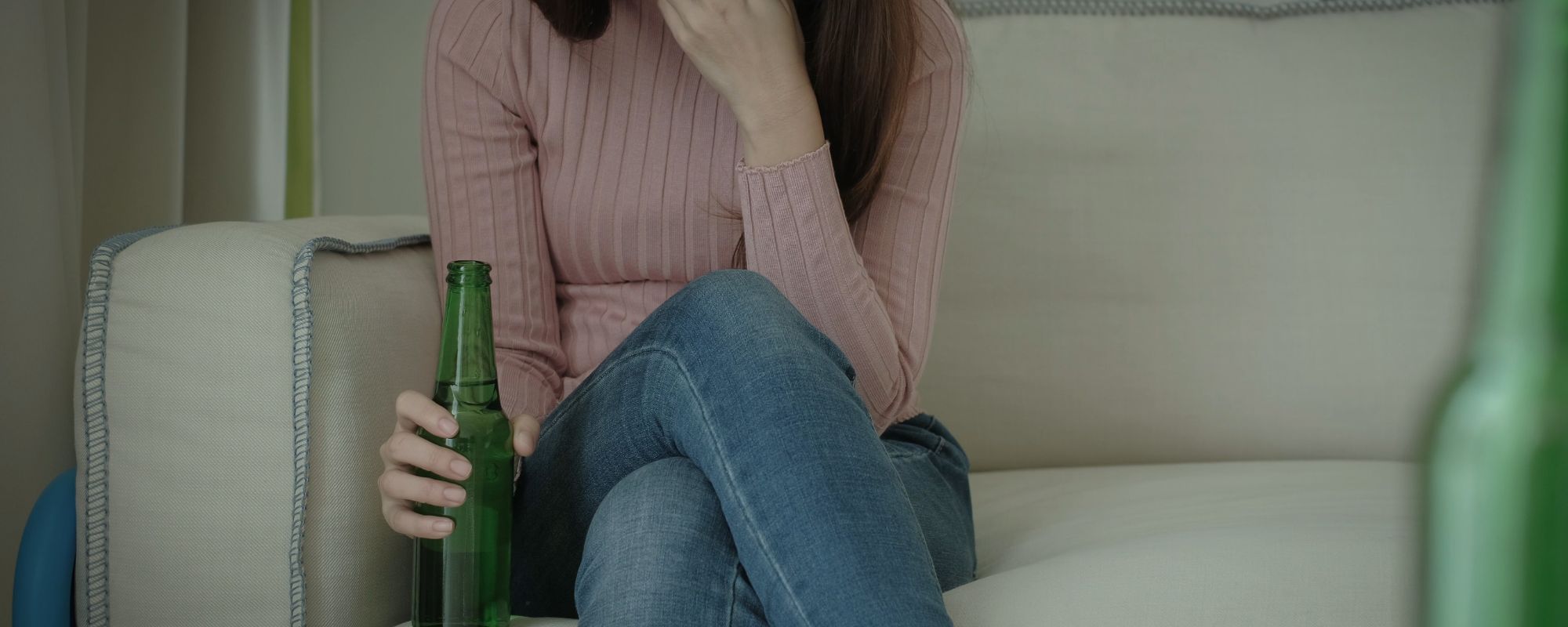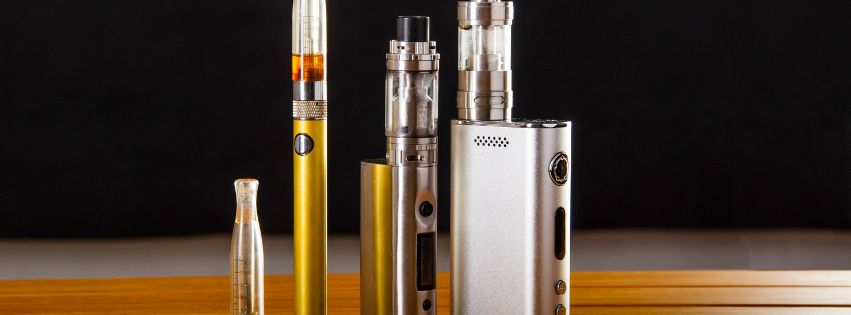Dialectical behavioral therapy (DBT) is a behavioral therapy method that teaches life-applicable skills like ABC Please. If you aren’t sure what DBT entails and are asking, What is ABC please?, you’ve come to the right place. We will unpack dialectical behavioral therapy and DBT skills like ABC Please in this guide. Additionally, we’ll explain how DBT helps individuals with substance use disorders and mental illness so they can achieve a healthy life.
What Is Dialectical Behavior Therapy (DBT)?
Dialectical behavior therapy, or DBT for short, is an evidence-based behavioral therapy. It can help individuals with substance use disorders (SUD) and mental disorders. Notably, a key theme of DBT is working within opposites. For example, “dialectical” means “the existence of opposites” and in DBT therapy, individuals embrace the discomfort of conflicting feelings. DBT is split into four stages through which the individual works. As part of the opposite teaching, they learn to first accept their situation and then work to change it.
What are DBT therapy’s goals? Through the DBT skills training, clients learn how to manage their emotions, behaviors, and illness by responding positively to situations. DBT therapy is conducted by licensed therapists and counselors in rehabilitation clinics focused on holistic healing, like Aliya Health Group.
Are DBT and CBT the Same Thing?
Dialectical behavioral therapy and cognitive behavioral therapy are different behavioral therapy methods. Some of the key differences are the focus of treatment and the structure of sessions. In CBT, clients learn how their negative thoughts and behavior patterns play a destructive role in their lives. Thus, the emphasis of treatment is altering those patterns for healthier outcomes. In DBT, which is based on CBT, clients focus on emotional regulation and building healthy relationships. Thus, when it comes to DBT vs. CBT, both are helpful, but your treatment goals might determine which is a better fit for you.
What Can DBT Treat?
Because DBT focuses on managing emotions, acceptance of your situation, and creating healthy habits, many people benefit from the approach. In fact, dialectical therapy is an effective treatment for substance use disorders, mood and behavioral disorders, and co-occurring illnesses.
Substance Use Disorders
Substance use disorders (SUD) are present in people who have come to the end of their rope. They know they have a problem with drugs or alcohol, but due to the addictive effect on the brain, the person can’t quit on their own. Thus, dialectical behavioral therapy is a strong therapy method for treating individuals with SUD. Notably, DBT helps people manage their destructive behaviors and the emotions that actually hinder their success. For instance, people with SUD have daily responses to their addiction yet feel powerless to change them. In DBT, they learn to accept their situation as well as how to start creating change in their life.
Mental Health Disorders
Additionally, DBT for mental health is recommended due to the way psychotherapy helps individuals find renewed strength and restoration. With its emphasis on emotional regulation and fostering healthy relationships, it helps people escape destructive behaviors and self-harm. DBT utilizes mindfulness practices and hands-on relationship maintenance through group therapy sessions (mixed with individual sessions).
Co-Occurring Disorders
Co-occurring disorders are ones that exist consecutively in a person. There are different risk factors increasing one’s likelihood of developing a second issue. Often, one disorder will lead to another. For example, substance addiction leads to worsening mental illness, or mental disorders lead to substance abuse. In sum, comorbid disorders appear differently in each person. Co-occurring issues can cause individuals to feel especially out of control, but DBT therapy can help. The behavioral treatment addresses both concerns collectively and examines how they aggravate each other.
Get confidential help from our addiction and mental health treatment facilities located across the United States. Call to join one of our quality programs today!
Speak With Our Admissions TeamWhat Is ABC Please?
ABC Please is a set of skills in dialectical therapy that helps individuals develop healthy lifestyle patterns. ABC Please is an acronym that stands for many of the key healing goals of DBT.
A: Accumulate positive experiences
B: Build mastery
C: Cope ahead
P: Physical
L: Illness
E: Eating
A: Avoid mood-altering substances
S: Sleep
E: Exercise
In DBT, clients focus on these goals to find healing from their substance or mental illness and live a fulfilling life.
ABC in Dialectical Behavior Therapy
By following the ABC Please DBT tool, individuals set themselves on a smart, healthy path for their future. During therapy in rehab, clients work on understanding and developing these skills. Fortunately, with the catchiness of the acronym and time spent practicing, they can return to ABC Please after leaving treatment. As such, ABC Please and other DBT training helps people stay sustained in their wellness goals. Thus, even people who feel independent in their recovery journey can rely on evidence-based therapy tools.
Accumulate Positive Experiences
Accumulating positive experiences is an important focus of DBT because it’s a form of mindfulness. To elaborate, focusing on the positive elements in your life restructures your thinking habits. As a result, you feel less stressed, more capable, and more appreciative of your situation. This intentional gratitude approach positively shapes individuals so they feel less overwhelmed by their emotions when trials arise. Further, DBT practices that fall under this category help people actively create positive experiences. These can include exercise, talking to a friend, working on an artistic hobby, or exploring your city.
Build Mastery
Building mastery refers to accumulating talents, hobbies, and new skills both within and apart from ABC Please skills. The theory behind this goal is that people who have interests and hobbies have greater happiness and wellness. In fact, studies show that individuals who regularly spend time on their hobbies even have fewer symptoms of depression and anxiety. Hobbies and activities are beneficial on multiple levels, from physical wellness to mental stimulation to increasing one’s sociability. Plus, having mastery in skills makes you want to return to them, giving you something to look forward to in tough times.
Cope Ahead
Coping ahead is a preparation tactic for an upcoming stressor. Often, people who struggle with their mental health find that facing something stressful or uncomfortable puts them in a bad place. Instead of staying trapped in dread or anxiety, DBT teaches individuals to do what they can to prepare. For anything big and troubling on the horizon, coping ahead is about mentally, emotionally, and even physically getting ready.
PLEASE in Dialectical Behavior Therapy
After the ABC’s of DBT, PLEASE stands for ailments of the body that can occur when a person isn’t taking good care of themselves. Part of being a healthy human is learning how to help your body thrive. In the midst of substance addiction and mental illness, your physical health can deteriorate. Thus, DBT’s ABC PLEASE reminds clients to prioritize their bodily health.
Physical Illness
Physical illness is one of the biggest reasons people feel unwell, which can spread into affecting their mental wellness. DBT emphasizes the importance of taking care of your body to stay healthy.
Eat Well
Similarly, eating well is a key component of your actual well-being. This entails eating enough nutrients, vitamins, and minerals through your diet. As part of this dialectical behavioral therapy practice, we offer nutrition counseling at Aliya. We know illness often pushes healthy eating to the wayside. Thus, our nutrition counselors teach clients how to eat balanced meals that pull from all the food groups.
Avoid Mood Altering Substances
Whether you begin DBT for your substance use disorder or not, staying away from mood-altering substances is a big part of DBT. Undeniably, substances like drugs and alcohol change your mood. Further, they can contribute to your unhealthy thinking and behaving patterns. The only way to be a truly healthy and fulfilled person after struggling with an SUD is to maintain sobriety. The one exception to this rule is prescription medications that are being properly used. On the other hand, we treat prescription medication abuse in rehab and help individuals with medication management in treatment.
Sleep Well
Sleep is crucial for overall health. This includes getting enough sleep and having quality sleep at night. Often, mood swings are significantly alleviated once a person starts sleeping better.
Exercise Regularly
Similarly, physical exercise seriously impacts one’s moods and feelings for the better! Exercise stimulates the reward system like drugs and alcohol, but in a healthy way that can be maintained long-term. DBT uses exercise as a form of emotional regulation through ABC Please.
Looking for quality treatment for substance abuse and mental health that’s also affordable? Aliya Health Group's treatment facilities accept most major insurance providers. Get a free insurance benefits check now!
Check Your CoverageWhat To Expect During Dialectical Behavior Therapy
There is no reason to feel nervous about beginning dialectical behavioral therapy. Firstly, know there is no shame in needing help for your substance disorder, mental disorder, or comorbid issues. Rather than staying trapped in a cycle of hopelessness and devastation, you are doing the right thing by seeking treatment.
When preparing for DBT therapy, it’s important to keep an open mind. Dialectical behavioral therapy takes a more emotional approach to healing than CBT, which tends to be more rational and logical. In DBT, you will examine your feelings, actions, and relationship patterns. No topic is off the table, so come prepared with any discussion points you want to cover. Additionally, your therapist may assign you DBT worksheets to complete between sessions. This will help you cover more ground in sessions by completing some of the deep-thinking work on your own time.
As far as the structure of DBT sessions, they typically last between 45 minutes to 1 hour. During intensive rehabilitation treatment, you will have multiple DBT sessions per week, sometimes individually and sometimes in groups. Above all, behavioral therapy sessions are safe spaces to grow, heal, and feel positive emotional improvement.
What Are the Benefits of Dialectical Behavior Therapy?
Individuals who begin dialectical behavioral therapy set themselves on the path of deep healing from their emotional wounds and triggers. One of the key benefits is the stronger sense of self-awareness and resilience clients develop during treatment. This is largely because of the work they put into understanding their feelings and reactions and then working on healthier alternatives. Further, DBT helps individuals form stronger relationships with the people in their lives. Overall, DBT is beneficial in the way it helps individuals escape the chains of substance abuse and mental illness.
Managing Emotions
As mentioned, the ability to better manage feelings and emotions is a major takeaway for individuals in dialectical behavioral therapy. Instead of staying trapped in unhealthy patterns of thinking, reacting, and feeling, clients accept their feelings and then modify them.
Promoting Resilience
Because of all the deep inner work individuals do while in DBT, they emerge after their behavioral therapy rehab with a stronger sense of self; often, addiction and mental illness can strip people of their sense of identity. A person may rely on substances to get them through each day and lose the trust of their family. Self-resilience is a key teaching of DBT that has widespread benefits in one’s life.
Who Offers ABC Please and Dialectical Behavior Therapy?
Now that you understand DBT’s teaching ABC Please and have considered how it would help you, you need a provider. If you aren’t sure where to go to receive DBT for your addiction or mental illness, you’ve come to the right place. Behavioral treatments like DBT can be provided through an accredited treatment center like Aliya Health Group and our connected rehab providers. Along with clinical mental health counseling, such as CBT and DBT, we offer continuing levels of care to help individuals overcome their illnesses. During treatment, you can move between detoxification, inpatient rehab, outpatient treatment, and aftercare.
The DBT skills you learn during treatment will be ones you utilize for the rest of your life. Reach out today to reserve a place in one of our state-of-the-art treatment centers today!

















